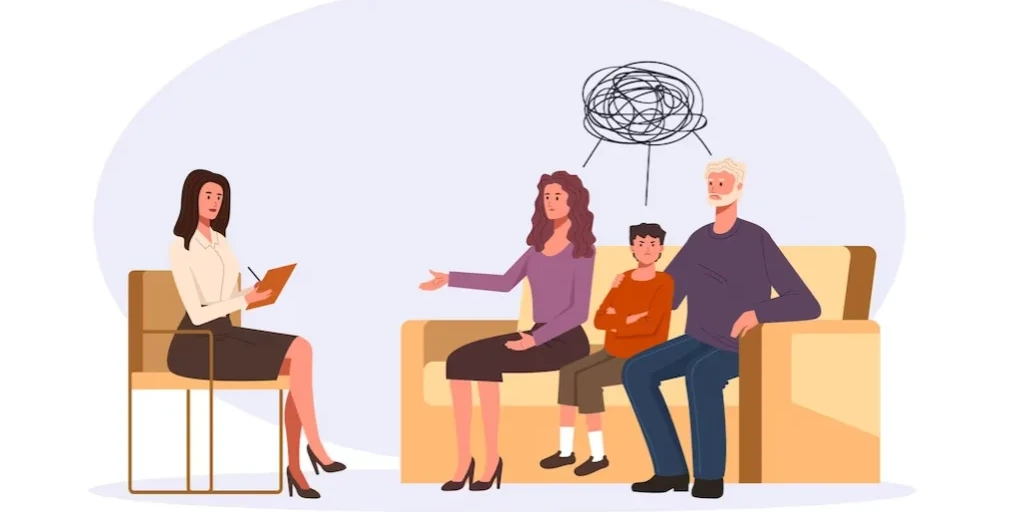24/7 Helpline:
(866) 899-221924/7 Helpline:
(866) 899-2219
Learn more about Ritalin Detox centers in Choctaw County
Ritalin Detox in Other Counties

Other Insurance Options

Regence

GEHA

American Behavioral

ComPsych

Premera

Coventry Health Care

Medical Mutual of Ohio

PHCS Network

Group Health Incorporated

Aetna

Horizon Healthcare Service

EmblemHealth

Holman Group

UMR

WellCare Health Plans

Lucent

Ceridian

Sliding scale payment assistance

Carleon

MVP Healthcare












Community Counseling Services
Community Counseling Services is a private rehab located in Ackerman, Mississippi. Community Counsel...















